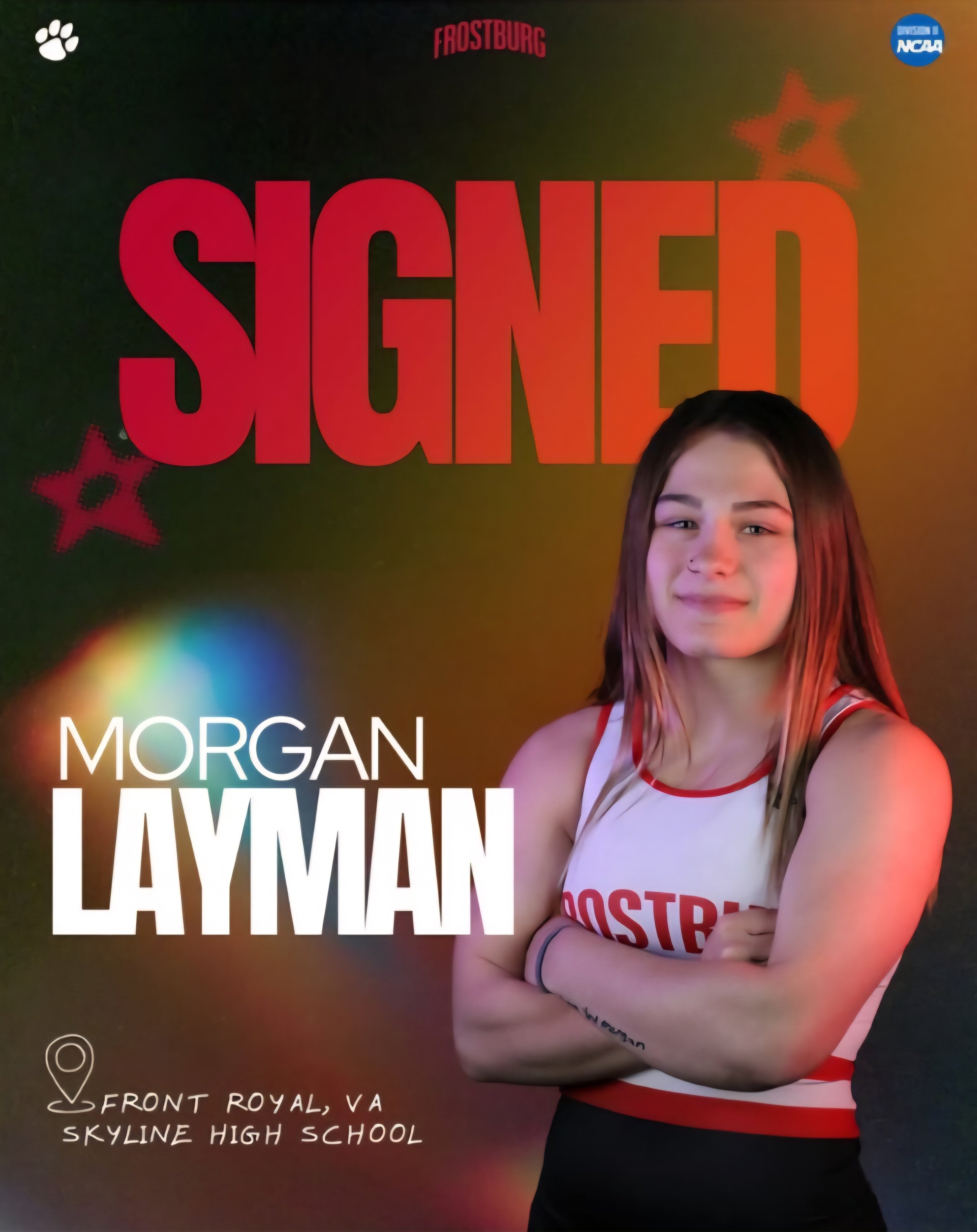Stock Investing and Recession
-
Latest Rankings
-
Updated
-
Updated
-
Updated
-
Updated
-
-
College Commitments
Bryce Dadey
JD-CBA, New York
Class of 2025
Committed to The Citadel
Projected Weight: 285
Josh Jorgge
St. Anthony, New York
Class of 2025
Committed to Hofstra
Projected Weight: 184, 197
Chris Dennis
Central Bucks West, Pennsylvania
Class of 2026
Committed to Utah Valley
Projected Weight: 157
Morgan Layman
Skyline, Virginia
Class of 2025
Committed to Frostburg State (Women)
Projected Weight: 117, 124







Recommended Posts
Create an account or sign in to comment
You need to be a member in order to leave a comment
Create an account
Sign up for a new account in our community. It's easy!
Register a new accountSign in
Already have an account? Sign in here.
Sign In Now